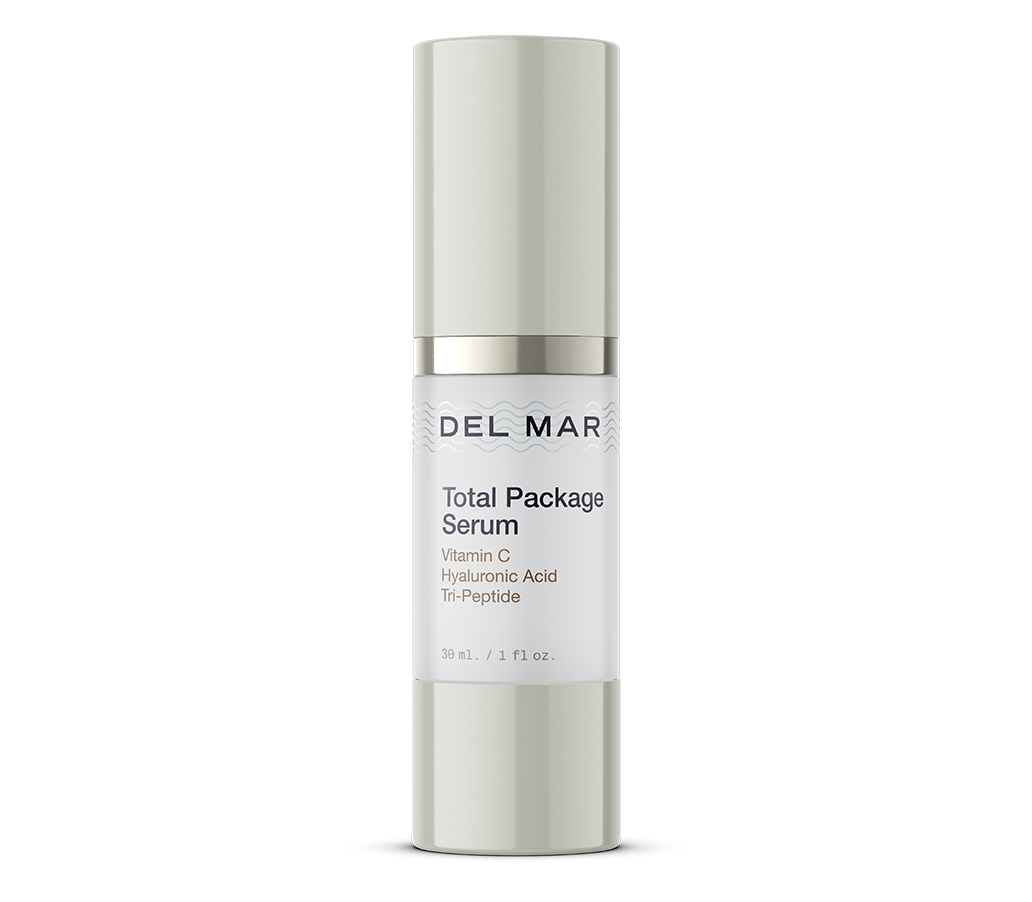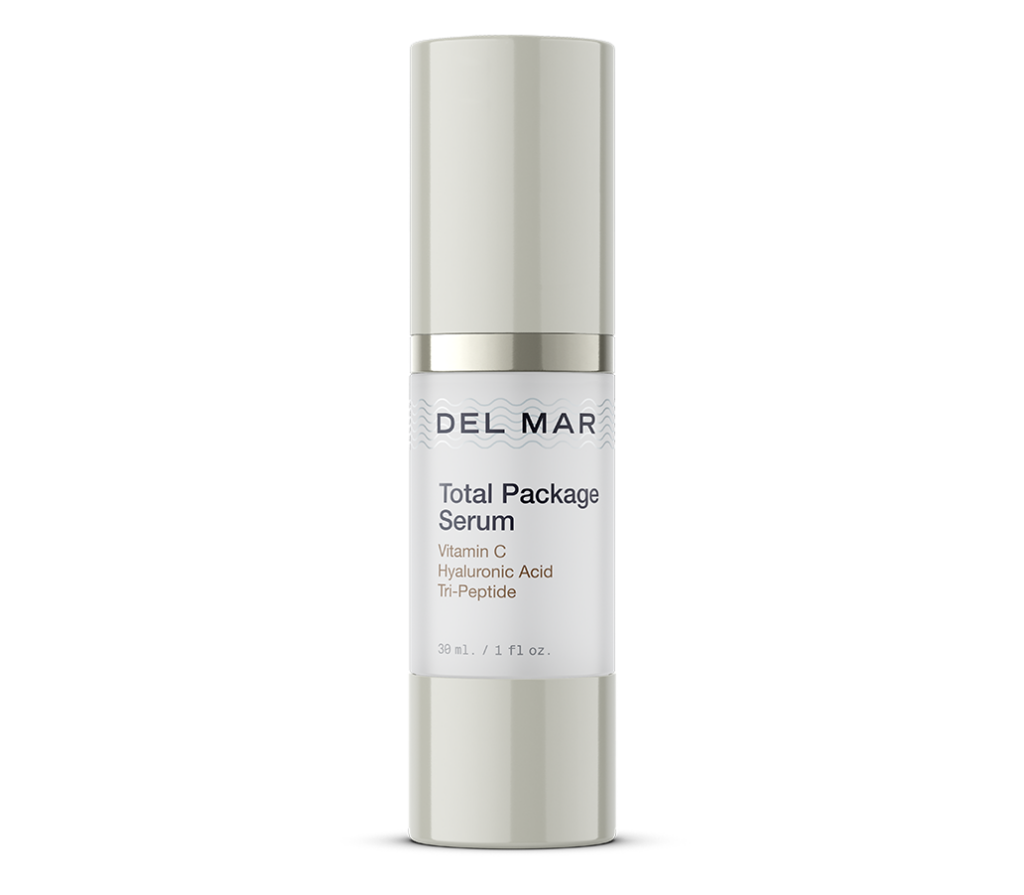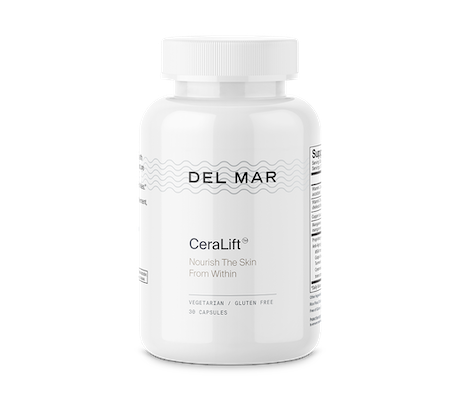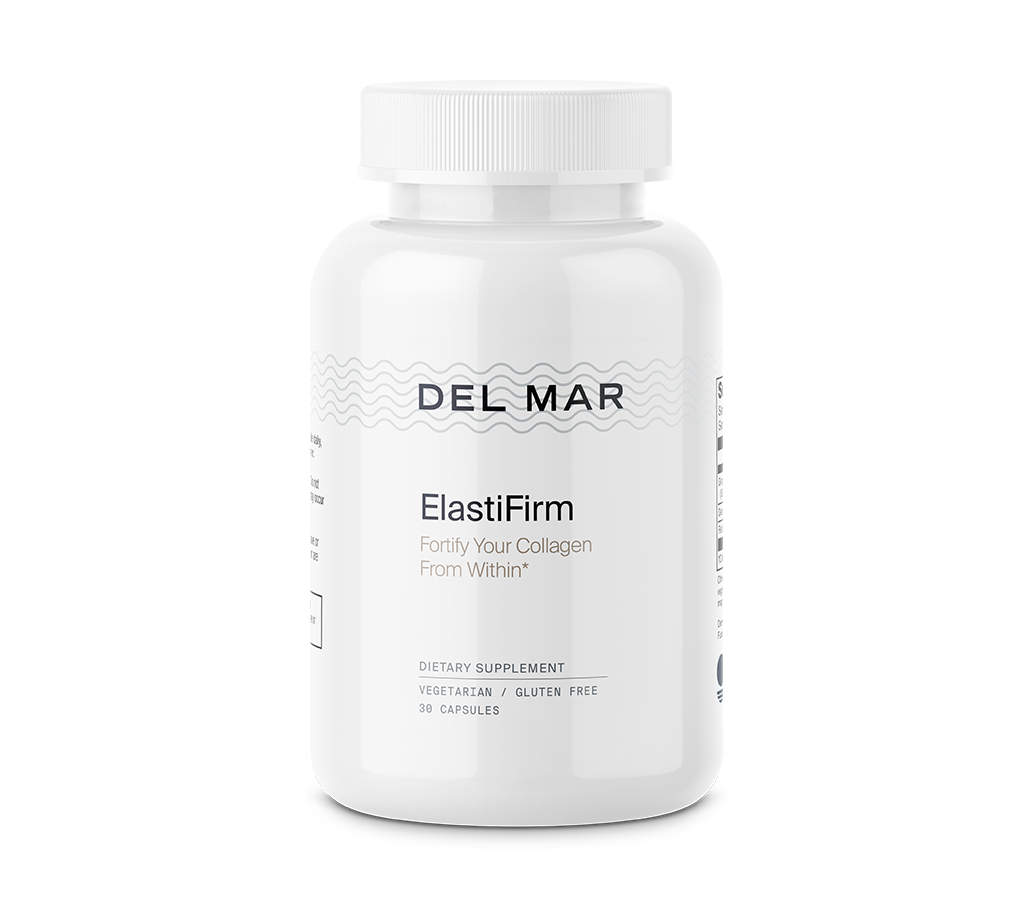Exercise, saunas, and steam rooms all have one thing in common: they get you to sweat! Sweating serves more functions than just helping to keep you from overheating – it also functions to eliminate toxins from your body.1,2
Since ancient times, sweating has been seen as a type of “cleansing.”(*1) In modern times, however, very few people would list sweating as a way to detoxify from the dangerous compounds that we are exposed to daily.
Fortunately, scientific studies have confirmed that sweating by any means can help you to detoxify. If you were looking for another reason to spend more time in the hot tub or sauna, detoxification may be it.
Sweating Eliminates Toxic Metals

Heavy metal exposure is ubiquitous for causing damage to the body. (*1) While there are many chemical elements that are essential for life as we know it, mercury, arsenic, lead, and cadmium do not fall into this category. These heavy metal elements are categorized as toxic, and have been linked to damage throughout the body, including increasing the likelihood of numerous cancers.
Exposure to heavy metals is often tied to what we eat and drink, where we live, and our habits. Drinking water throughout many areas of the world is laced with some of these toxins, many foods can contain high levels (shellfish and seafood are common examples), and smoking tobacco products increases your exposure to both lead and cadmium.
It can be difficult to clear these toxic elements from your body, and over time, they can accumulate. The more that they accumulate, the more likely you are to experience negative health effects.
In a meta-analysis of 24 studies, researchers found that sweat collected from participants often yielded higher concentrations of heavy metals than did urine or blood samples. (*1) This was particularly true for those who had experienced high levels of exposure to these toxic elements. So it goes to follow that increasing the amount you sweat is an effective means of detoxification.
Sweating and Exercise Reduce Symptoms in World Trade Center Rescue Workers

When it comes to professionals, firefighters are some of those most often exposed to toxic substances, as a result of working in burning and dilapidated buildings.
In 2001, during the collapse of the World Trade Center towers, many firefighters were exposed to dangerous levels of hazards, including mercury, lead, asbestos, and PCBs (polychlorinated biphenyls). (*2,3) Fourteen of these firefighters who were exposed to exceptionally high levels of PCBs, due to a transformer fire and explosion, exhibited numerous health issues following the event. (*3)
These firemen underwent a detoxification program that consisted of a healthy diet, exercise, and time in a sauna. After 2-3 weeks of treatment, improvements were found in memory and other measures of cognitive function. These findings are promising when it comes to the use of exercise and sauna for detoxification.
Other Benefits of Exercise
Besides helping to eliminate toxins from the body through sweat, exercise is known to reduce inflammation and exhibits antioxidant properties. (*4) Because much of the damage and many of the related health effects of certain toxins result from reactive oxygen species and inflammation, exercise can help to reduce the damage that is done by toxins that remain in the body.

Closing Thoughts
We are all exposed to toxins every day of our lives. Over time, these toxins can accumulate in the cells of our body. In order to flush them out and reduce the damage that they can cause, exercise to the point that you begin to sweat them out. If you’re not feeling like exercising one day, try a hot bath, sauna, or steam room to get similar toxin-flushing benefits.






